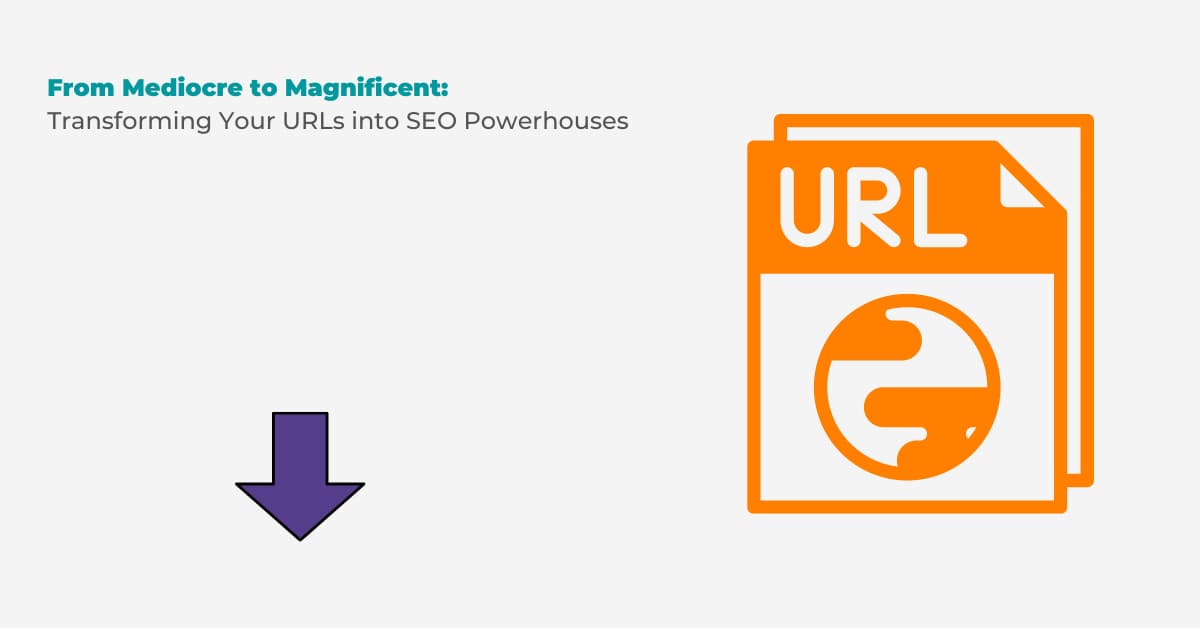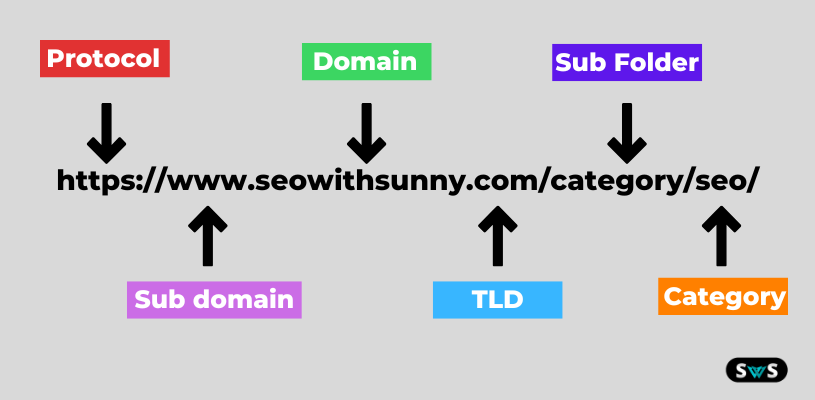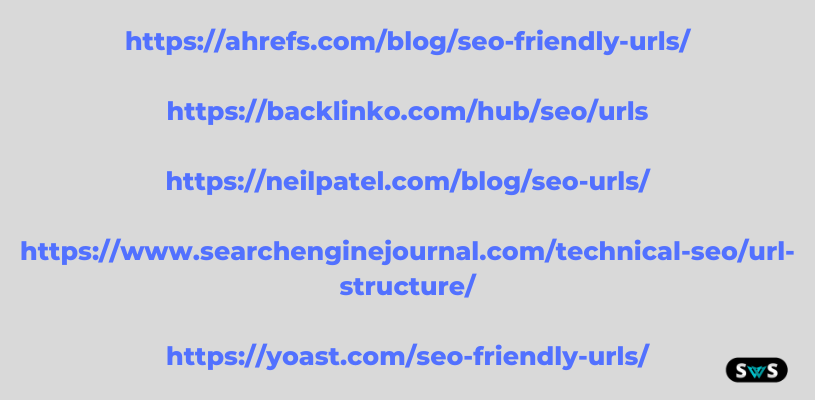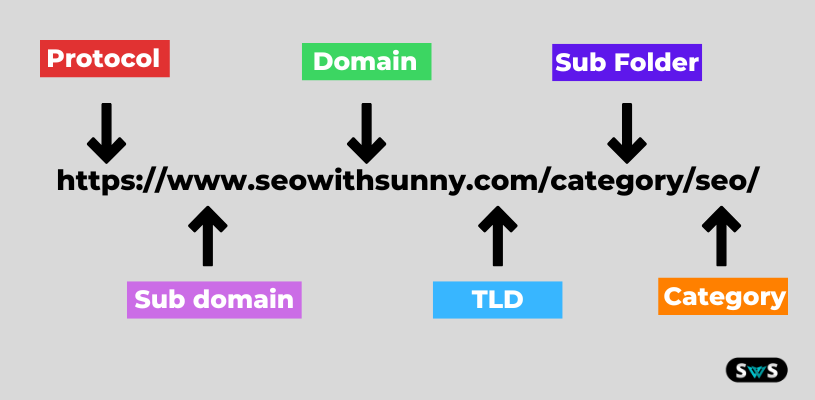Reading Time: 8 mins 5 sec
In this article, we will discuss how to create SEO-friendly URLs and optimize them.
Do you want to make your URL SEO-friendly if your answer is yes?

So you have come to the absolutely right page.
Because today in this article I am going to tell you in detail that the Correct SEO-friendly URL permalinks Structure.
To create SEO-friendly permalinks, first of all, you have to understand their importance.
After all, why should the URL be made SEO-friendly, and what is its importance?
By making the URL SEO friendly, your post ranks well in Google and a lot of organic traffic comes to your blog.
If you do not create SEO friendly URL structure for your post.
Then organic traffic will not come to your blog.
Due to this, there will be no earnings on your blog.
If you have less time so please read these points and apply them.
Read This: How To Write A Pillar Post In SEO
Quick tips for SEO-friendly URL
- Use SEO-friendly URL structure
- Use a dash to separate the word
- Always write the URL in small letters.
- Always write the URL
- The URL can be short or long.
- Always start the URL with the focus keyword.
- Use only the main words in the URL.
- Do not use stop words in the URL.
- Keep character 75 in the URL.
But if you read in-depth and understand them, then you can follow the complete article.
So let us now know how to make an SEO-friendly URL.
What is a SEO-Friendly URL?
Users’ and crawlers’ demands are taken into account when creating SEO-friendly URLs. Particularly, SEO-friendly URLs typically have brief and keyword-rich content.
Why are SEO-Friendly URLs Important?
Search engines use the URL of your page, along with your content, title, meta description, and link anchor text, to identify what your content is about.
Additionally, prospective customers examine the URL to get a sense of what to expect when they visit your page.
In fact, Google’s SEO beginning guide includes instructions on URL building since it is so important.
However, you need to be aware of SEO ranking variables if you want to increase your online presence.
Google specifically takes a number of elements involving your URL into account. Here are a few of these for you:
- URL length
- URL path
- URL keyword inclusion
- URL string
Having the appropriate URL impacts how consumers think of your brand beyond the technical aspects of pleasing the search engines
- Clear URLs minimize user confusion, and user-friendly URLs are simpler for visitors to your website to remember
- Relevant search results are made possible by organized URLs – When URLs are properly organized, search engines’ jobs are made easier and your brand’s online exposure may rise.
Read This: What Are The 3 Pillars Of Seo
SEO-friendly URL structure

How To Create Seo-Friendly URLs?
URL is the main part of your article, URL has an important role to rank your post in Google.
So it is very important to write it correctly.
For this I am writing some important points below, use them carefully.
1. Use SEO-friendly URL structure
If you are a WordPress user then it is very easy for you to create SEO friendly URL structure.
WordPress’s default URL structure is not SEO-friendly, you need to change it.
You can easily change the setting of URL permalinks by going to the setting of WordPress.
To create SEO friendly URL structure, first of all, you have to click on save by ticking on the WordPress dashboard >> Setting Permalinks >> Posts name.
Your SEO-friendly URL structure is ready.
But keep one thing in particular.
You have to do this setting immediately after installing WordPress.
If your post is already ranking in Google, then please do not do this setting, otherwise, the ranking of your post may get spoiled.
The best SEO-friendly URL structure is the post name, google itself recommends it.
And this URL structure is also good to see and people also understand well what the post is about.
2. Use the keyword in the URL
Add your main keyword i.e. focus keyword in the URL.
Put the main keyword at the beginning of the URL.
Start the URL with the main keyword.
But keep one thing in mind, use only main-2 words in the URL, and do not repeat the main keyword twice in the URL.
Otherwise, in the eyes of Google, it can be a matter of keyword stuffing.
3. Use a dash ( – ) to separate words
To separate Word, the setting of the slug in WordPress is the same by default dash.
If you do not put a dash in between words.
So automatically dash is applied automatically.
But if you use an underscore or slash in between words then WordPress will count it as one word only and will put a dash in front of them.
4. Keep URL short
Always keep the URL short.
Short URL makes people attractive, and it’s good to read too.
Google itself says that the shorter the URL, the easier it is to read and understand.
And keep one thing in mind, do not repeat words in the URL.
If you do not know how many words should be in a perfect URL, then Google has told you that 75 characters in a perfect URL.
5. Use small letters in the URL
Always use small letters in the URL.
Google says that it is correct to use small letters.
Because it gives an attractive look to the URL.
And the words in small letters occupy less space as compared to capital letters.
6. Always write the URL in English
According to SEO, always write the URL in English.
Never write the URL in other languages, because it is not correct according to SEO.
Google says that Google’s bots are not able to read other languages and people also mostly search in English.
Read This: How Can I Find Broken Links And How Do I Remove Them
7. Do not use stop words in the URL.
The shorter your URL, the better it will look.
Do not use stop words in the URL.
Because stop words do not give any better information to the search engine Google.
You have limited words to write the URL, so do not add false words in your URL which have no meaning.
Use only main-2 words in your URL.
8. Keep it Simple
Maintaining simplicity is one of the key elements of an SEO-friendly URL. Both humans and search engines can easily understand a simple URL. It must be simple to read, easy to recall, and clearly indicate the information on the page it links to. Make sure your URLs don’t contain too many parameters, symbols, or unnecessary characters.
9. Use Hyphens to Separate Words
Avoid using underscores since they can be interpreted as spaces and interfere with crawling and indexing.
10. Avoid Dynamic URLs
Search engines may find it challenging to analyze and index dynamic URLs that contain parameters or session IDs. If at all possible, avoid utilizing dynamic URLs. If you must use dynamic URLs, make sure to keep them as simple and easy to understand as you can.
11. Use Canonical Tags
Multiple URLs referring to the same page can cause duplicate content issues, which can be avoided by using canonical tags. A canonical tag tells search engines which URL to use while crawling your content as the one they like best.
12. Use Descriptive Anchor Text
Use descriptive anchor text which includes appropriate search terms when linking to your pages. This can both make it easier for users to browse your website and help search engines in understanding the content of your page.
13. Consider Localizing Your URLs
Consider localizing your URLs if your website supports various languages or geographical areas. This means creating unique URLs for each language or location, and it can help you rise in the local search results.
14. Regularly Review and Update Your URLs
In order to keep your URLs SEO-friendly, it’s crucial to frequently examine and change them. Your URLs may need to be modified when your website and content change to keep them effective and relevant.
Read This: ChatGPT Vs Google Bard Vs Bing
SEO-friendly URL generator
Good URL generator tools are;
- Slugify
- Dcpweb
- Html escape
SEO-friendly URL test
- Seositecheckup
- Seoptimer
- Prepostseo
SEO-friendly URL examples
For this post, we use

Other examples are

| Google news | Subscribe to SEOwithSunny’s Google News feed |
| Telegram | Join Our telegram channel |
Conclusion
In this article, we will discuss how to create SEO-friendly URLs.
And I am sure you will learn and apply it in a correct manner.
If you are a seasoned blogger then don’t change permalink settings.
But you are new, you definitely do this as a first priority.
If you have benefited a bit from this article of mine.
Then please tell us through comments. And do share this article of ours with your friends.
Read Also
- Top 65 Technical SEO Interview Questions And Answers
- Does Bold Text Help SEO
- How To Create The Perfect H1 Tag For SEO
- Google Announces Five Changes Coming To Mobile Search
- Benefits Of Using Semrush
FAQ
What is SEO friendly URL give example

For this post, we use
What is a good URL for SEO?

A simple or readable
How do you create a good URL?
1. Use SEO-friendly URL structure
2. Use the keyword in the URL
3. Use a dash ( – ) to separate words
4. Keep URL short
5. Use small letters in the URL
6. Always write the URL in English
7. Do not use stop words in the URL.
8. Keep it Simple
9. Use Hyphens to Separate Words
10. Avoid Dynamic URLs
11. Use Canonical Tags
12. Use Descriptive Anchor Text
13. Consider Localizing Your URLs
14. Regularly Review and Update Your URLs
How do I know if my domain is SEO friendly?
Verify the SEO friendliness of your website’s URLs. Links must contain terms relevant to the page’s topic and be free of spaces, underscores, and other characters in order to be considered SEO-friendly.
SEO Friendly URL Generator
These URLs are made to be simple to understand by both people and search engines, which can increase the visibility of your website in search results.
SEO-Friendly URL Structure
A URL structure that is created with both people and search engines in mind is said to be SEO-friendly. This means that the URL should be easy to understand, descriptive, and, if at all possible, include important keywords. The URL should also be brief, direct, and free of extraneous words or characters.
What are SEO-Friendly URLs?
URLs that are optimized for search engines are known as SEO-friendly URLs. This implies that they are often brief, descriptive, and, if possible, incorporate appropriate keywords. They are also designed to be simply understood by both people and search engines. You may increase your website’s contact in search results and drive more traffic to it by adopting SEO-friendly URLs.
SEO Friendly URL Check
You can use a tool to check whether your URLs are optimized for search engines, such as an SEO-friendly URL checker. Typically, this software will analyze your URLs and provide you suggestions on how to make them better, including adding appropriate phrases or making them more detailed.
URL Optimization for SEO
Your URLs must be optimized for both human and search engine understanding in order to be effective for SEO. Usually, this entails keeping them brief, being detailed, and, if possible, including appropriate search terms. Additionally, you should avoid utilizing any letters or words that could mislead search engines or make it harder for people to read your URLs.
Guidelines to Follow for SEO-Friendly URLs
To make sure that your URLs are optimized for search engines, you are able to stick to a few rules. Among these recommendations are:
Keep your URLs short and clear.
Your URLs should contain important keywords but try to avoid using too many.
In your URLs, hyphens should be used to separate words rather than underscores or other symbols.
So that both people and search engines understand what the content is about, make your URLs descriptive.
Avoid using any symbols or special characters in your URLs since search engines may find them unclear.
Best URL Structure for SEO
Simple, informative URL structures that include important keywords are the best for SEO. Your URLs should ideally be clear and succinct, with no unnecessary words or characters. Additionally, it’s crucial to utilize hyphens rather than underscores or other characters to separate words in your URLs as this may help search engines in understanding the subject content of your content.



